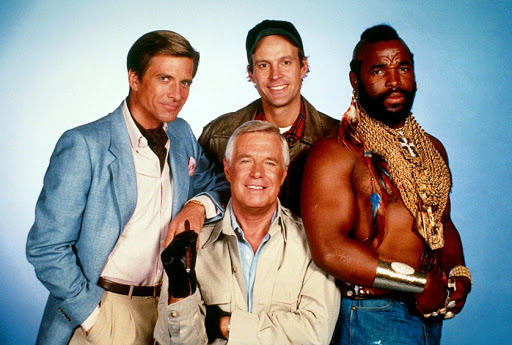Small teams win
One of the biggest mistakes of my career was adding more engineers to a project. I was working on a rocket ship, an incredibly successful product that had a phenomenal launch and was on an upward trajectory. Good press, good metrics, and most importantly, our users loved it. We wanted to do more so we added 8 engineers to the team. I worked all night drafting roadmaps, building strategies, and figuring out how to make use of our new army of engineers. I told myself, “this was going to be the next silicon valley success story.”
But something strange started to happen. All of the engineers had alot of questions and opinions. They brought tons of experience, thoughts around better architecture, and a bunch of other ideas for compelling features. Our initial team went from spending most of their time building to most of their time discussing. There were architecture debates so we could scale. There were prioritization debates so we could build everything our users wanted. Our team meetings started to focus on how we fix velocity, not what we should do next.
We slowed to a crawl.
Big teams are like slow ships: They are incredibly slow to turn.
Small teams are like speedboats: They can turn on a dime.
Keep your team as small as possible for as long as possible.
Small teams achieve huge outcomes
Instagram reached 30M users and sold for $1 Billion with 13 employees.
PlentyOfFish profited $10m/month with a two person team.
Craigslist reached $150m in revenue with 20 employees.
Mega Man has sold 36 million units and was made by a 6 person team.
If these examples seem like ancient history, how about Clubhouse which reached 2 million weekly active users with 9 employees?
Small team make decisions faster
Large teams spend more time communicating than building. It's easy to inform a 3-person team of a change, you just yell it out to the room. With a 50+ person team, you need a system of communication just to make sure everyone is aware... and a few people will probably miss the notice.
There are more people to align, more people to convince, and more people to keep track of.

There's something magical about a small group of people working together every day. They start to develop a mind-meld and a level of trust that lets them quickly make calls and try things out. They learn together and grow together.
Small teams have less expectations
When you're a small scrappy team, you can fly under the radar. You don't have $100m of venture capital or enormous headcount riding on your success. You're just a tiny experiment.
Contrast that with large investments. The amount of scrutiny from board members or leadership is intense and big teams are constantly under pressure to outperform expectations.
Look at Color Labs, who famously raised $41m to build a photo sharing app. They hired 38 people before shipping a product. They never found product market fit. With large investment comes high stakes.
Small teams aren't afraid to think small
Having a big team encourages you to think of big solutions. 'Scalable' architecture, experimental frameworks, and heavy process are tactics preferred by big teams. Because you have such a big team, of COURSE your architecture needs to scale to tens of millions of users. Big teams build big solutions because they can.
Small teams do what it takes to get the product out the door. They make smarter tradeoffs because they don't have the luxury of a whole team of 'platform' engineers or a devops group to maintain all of their microservices.
Small teams move fast
Teams don't fail because they didn't move fast enough, they fail because they couldn't find the right direction. They cram feature after feature onto a product that isn't solving people's problems.
Give me a small team of senior folks that know how to work together and I'll build an amazing product. We'll cut scope, we'll find workarounds, and we'll work together as a group. Give me a huge team and we'll ship something but it will take a long time to get there (and probably won't be great).
Have you been burned working on a large team? Do you have other examples of amazing small teams? Let me know: @bdickason
Get my newsletter. It features simple improvements you can make to build great products. Learn the strategies employed by the best Product Managers in Silicon Valley.
Post last updated: Apr 2, 2021
Posts
-
Take a break May 7, 2021
-
Make it cheap to fail Apr 30, 2021
-
Scarcity = Value Apr 23, 2021
-
Tools are a distraction Apr 16, 2021
-
Strength-Based Teams Apr 9, 2021
-
Small teams win Apr 2, 2021
-
Don't set vision, set direction. Mar 19, 2021
-
Do one thing well Mar 12, 2021
-
Take charge of your promotion Mar 5, 2021
-
Speed is the killer feature Feb 25, 2021
-
How to manage your manager Feb 19, 2021
-
Social thinkers vs. Solo thinkers Feb 11, 2021
-
Stop Writing and start Editing Feb 4, 2021
-
How to make time for strategic thinking Jan 28, 2021
-
How to ship hardware and software Jan 21, 2021
-
Use your damn product Jan 15, 2021
-
The 5 best Product books and posts Jan 8, 2021
-
Gather great feedback from your power users Jan 4, 2021
-
How to spend more time doing work you love Dec 27, 2020
-
Stop wasting time on strategy decks Dec 21, 2020
-
Less chat more writing Dec 2, 2020
-
How to lead strategic discussions Nov 19, 2020